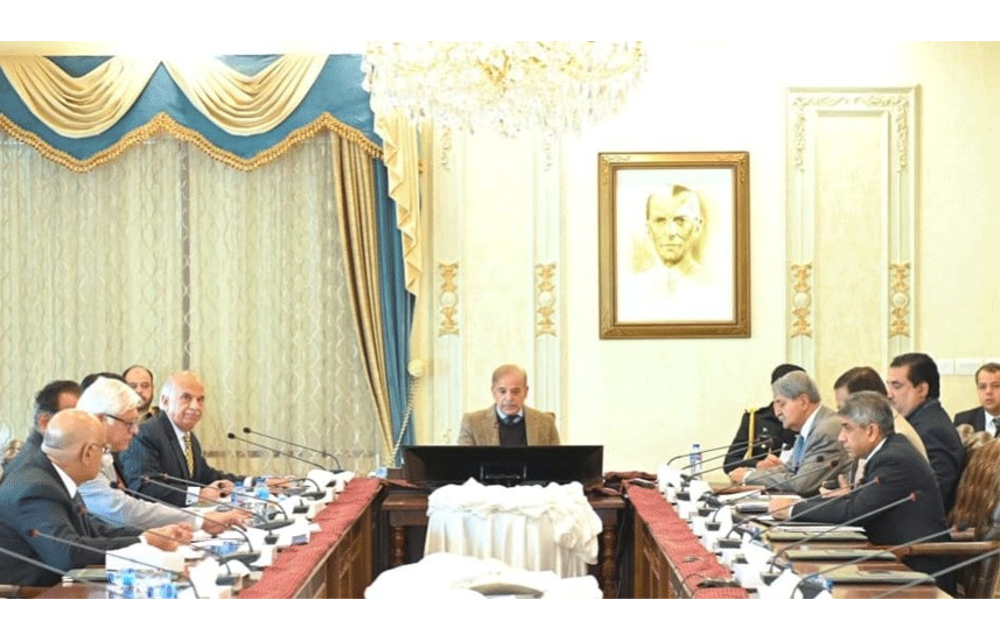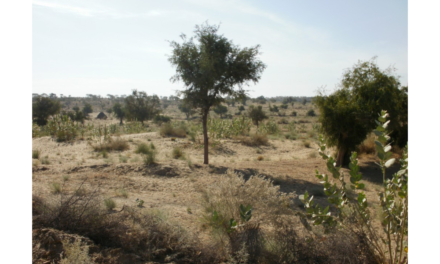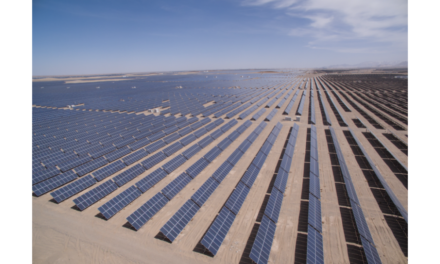- Pakistan is to accelerate solarization of its federal buildings before the start of Summer 2023
- It will begin with Islamabad and then expanded to rest of the country through a competitive bidding process
- AEDB will be in charge of conducting the bidding process that’s scheduled to be launched in early January 2023
Pakistan’s Prime Minister Shahbaz Sharif has directed his administration to ensure maximum federal buildings in the country are powered by solar energy before the start of Summer in 2023, starting from capital Islamabad and expanded to rest of the country.
Calling solar energy as the need of the hour, Sharif stressed that its promotion is inevitable for the improvement of the economy and reduction of import bills for expensive fuels.
The government has hired a consultant to help achieve the goal of solarization of government buildings and thereby lower their electricity bills.
The Alternative Energy Development Board (AEDB) under the country’s Ministry of Energy will carry out competitive bidding process for the task on behalf of public sector entities which is to be launched in early January 2023.
The AEDB is also working on the development of 3 large-scale solar power plants whose benchmark tariff is to be determined by the National Electric Power Regulatory Authority (NEPRA) post which these will be auctioned. It includes a 1.2 GW project in Layyah and another 600 MW in Muzaffargarh and Trimmu in Punjab which will also be built post a competitive auction process.
According to the Senior Energy Specialist Oliver Knight at the World Bank, Pakistan can get up to 20% of total power capacity from variable renewable energy simply by focusing on existing substations ‘mainly resulting in a series of relatively small solar projects spread across all provinces’. For larger projects, he recommends co-located solar and wind energy facilities using shared infrastructure and awarded through competitive auctions.
As for rooftop solar, Knight believes it can play a significant role in helping the country meet its growing electricity demand without the need for additional transmission and distribution infrastructure, but it needs to be made sustainable for both consumers and discoms.















